The exotic pet world stands at a crossroads where ethics, conservation, and personal choice intersect in complex ways. For prospective exotic pet owners, one of the most significant decisions involves whether to adopt from a rescue organization or purchase from a breeder. This choice carries implications not just for the individual animal, but potentially for entire species, ecosystems, and the exotic pet industry as a whole. Unlike traditional pet ownership, where the rescue-versus-breeder debate has become increasingly mainstream, the exotic pet community faces unique considerations due to the specialized needs, legal complications, and conservation status of many non-traditional companion animals. As interest in exotic pets continues to grow, understanding the nuances of this debate becomes essential for responsible ownership and informed decision-making.
The Growing Popularity of Exotic Pets
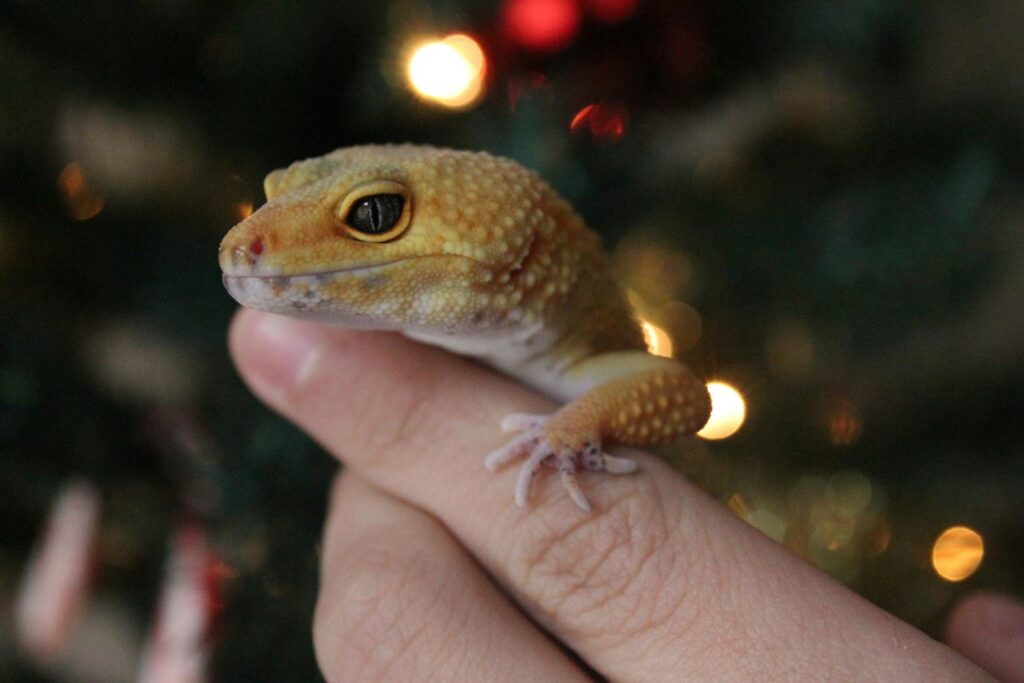
Exotic pet ownership has surged in popularity over recent decades, with millions of households worldwide now caring for animals beyond the traditional cats and dogs spectrum. This expansion encompasses everything from reptiles and amphibians to exotic birds, unusual mammals, and specialized invertebrates. Social media has dramatically accelerated this trend, with platforms like Instagram and TikTok showcasing charismatic species like sugar gliders, axolotls, and unusual gecko morphs to audiences who might never have considered such pets previously. The American Pet Products Association estimates that reptiles alone account for over 9 million pets in the United States, while exotic mammals and birds represent additional millions. This growing interest has created both opportunities and challenges for the exotic pet industry, rescue organizations, and regulatory bodies tasked with ensuring animal welfare and environmental protection.
Understanding Exotic Pet Rescues

Exotic pet rescue organizations have evolved in response to the increasing number of surrendered, abandoned, or confiscated non-traditional pets. Unlike domestic animal shelters, exotic rescues often operate with specialized knowledge of particular taxonomic groups, such as reptile rescues, bird sanctuaries, or primate rehabilitation centers. These organizations typically function as non-profits, relying on donations, grants, and volunteer work to provide care for animals that require specialized diets, habitats, and veterinary attention.
Many exotic rescues face chronic overcrowding due to impulse purchases, owners underestimating care requirements, or legal changes that prohibit certain species after acquisition. The rehabilitation process for rescued exotics can be lengthy and complex, requiring behavioral assessment, medical treatment, and careful matching with knowledgeable adopters who can provide appropriate long-term care.
The Ethical Breeder Perspective

Ethical exotic animal breeders argue that they play a crucial role in the responsible propagation of species in captivity, reducing pressure on wild populations while maintaining genetic diversity. Reputable breeders typically focus on specific species or taxonomic groups, developing expertise that allows them to provide optimal breeding conditions, nutrition, and early socialization. For many species, captive breeding has become essential for preserving genetic lines that may be disappearing in the wild due to habitat loss or other threats.
Professional breeders often participate in studbooks, genetic tracking programs, and species-specific conservation initiatives that help maintain healthy captive populations. Many ethical breeders also serve as educational resources, providing detailed care information, ongoing support, and sometimes even mentorship to new owners to ensure successful long-term relationships between pets and their keepers.
The Welfare Argument for Rescues
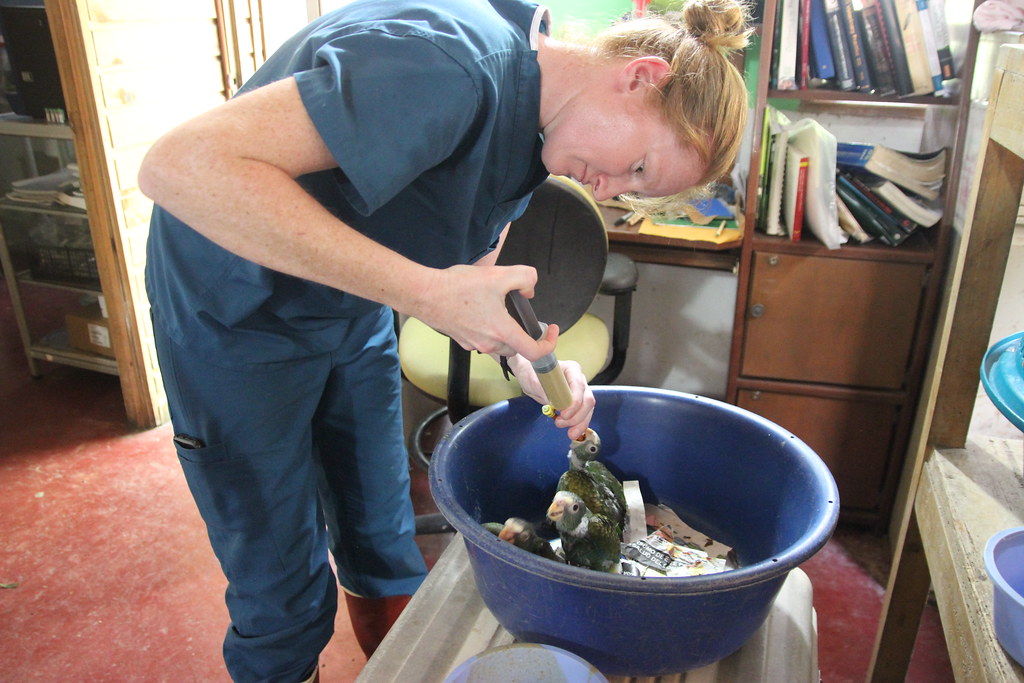
Advocates for rescue adoption emphasize the ethical imperative of providing homes to animals already in the system rather than creating demand for new offspring. The exotic pet trade has historically been plagued by high surrender rates when owners discover the true commitment required for proper care, creating a perpetual population of animals needing rehoming. Many exotic species can live decades—tortoises may live a century or more, parrots routinely reach 50+ years, and even some reptiles can live 20+ years—meaning that adoption often represents a lifetime commitment.
Rescue supporters point to the psychological benefits for both animals and humans when a previously neglected creature receives proper care and forms new bonds. Additionally, adopting from rescues typically costs less than purchasing from breeders, while still providing the satisfaction of exotic pet ownership with the added benefit of having saved an animal in need.
Conservation Implications of Breeding Programs

The conservation impact of private exotic breeding programs remains a nuanced and sometimes contentious subject within environmental science circles. For certain critically endangered species, such as the Golden Lion Tamarin or specific tortoise species, managed breeding programs—often coordinated between zoos, private breeders, and conservation organizations—have played vital roles in preventing extinction. These structured programs maintain genetic diversity through careful pairing, studbooks, and sometimes even international exchanges of breeding animals.
Conversely, unregulated breeding of common exotic species with no conservation value may indirectly harm wild populations by normalizing exotic pet ownership without corresponding education about their sources. Some conservation biologists argue that well-managed private breeding programs can serve as genetic reservoirs for species threatened in their native ranges, while others contend that resources would be better directed toward habitat preservation rather than captive breeding.
Legal Considerations and Regional Differences
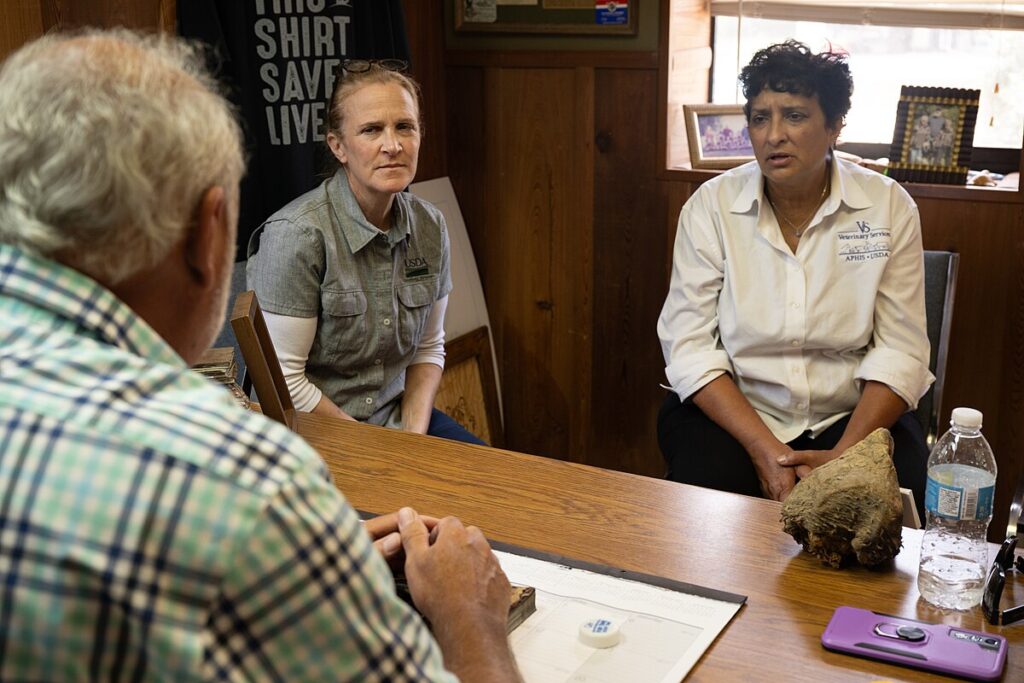
The legal landscape governing exotic pet acquisition varies dramatically across countries, states, and even municipalities, creating a complex patchwork of regulations that prospective owners must navigate. In some jurisdictions, certain species can only legally be acquired through accredited breeding programs with proper permits, while rescue adoption might represent the only legal avenue in regions with strict bans on commercial trade.
Interstate transport regulations in the United States can further complicate acquisition, with some states requiring extensive documentation, veterinary certificates, or permits for exotic species crossing state lines. Countries like Australia maintain exceptionally strict biosecurity laws that prohibit most exotic pet ownership entirely, while nations like Japan or the UAE have more permissive frameworks for certain exotic species. These legal variations significantly influence whether rescue or breeder acquisition represents the most practical or legally sound option in any given location.
Special Needs and Experienced Ownership
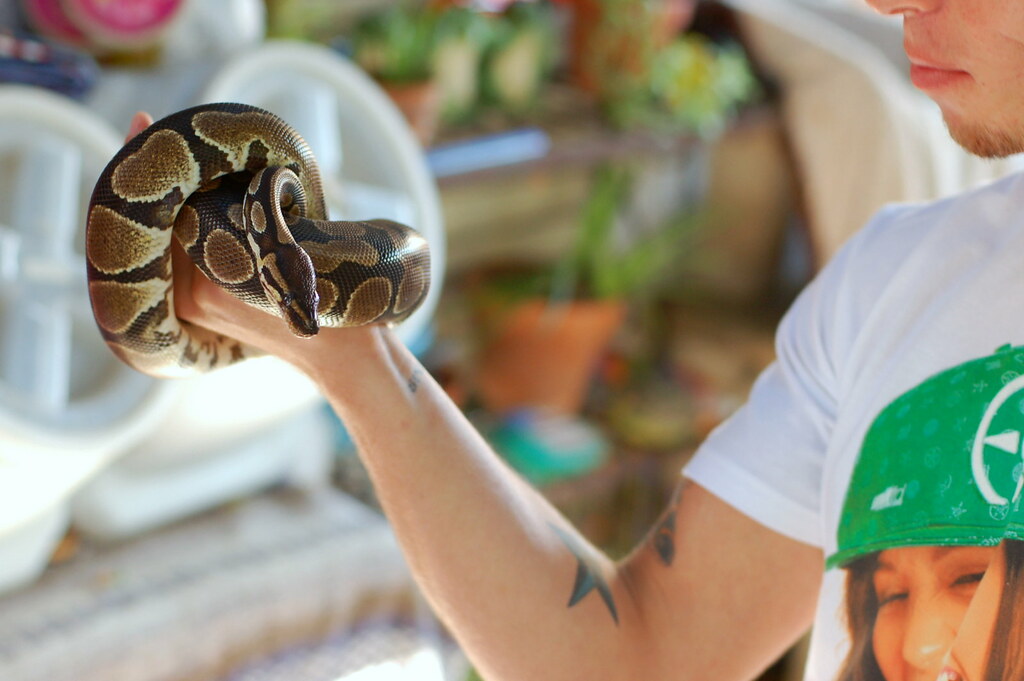
Many exotic rescues find themselves caring for animals with complex medical or behavioral issues resulting from previous improper care, creating both challenges and opportunities for potential adopters. Animals from rescues may require experienced owners capable of addressing special dietary requirements, medical treatments, or behavioral rehabilitation needs. Conversely, breeder-sourced animals typically arrive without these complications but may lack the socialization and handling that older rescue animals have received.
For first-time exotic pet owners, this creates a dilemma: choose a potentially challenging rescue animal that needs their help, or start with a juvenile specimen from a breeder with fewer existing issues but requiring more developmental guidance. Organizations on both sides increasingly recognize the importance of matching animal needs with owner experience levels, with many rescues and ethical breeders alike declining placements when the fit doesn’t serve the animal’s best interests.
The Problem of “Wild-Caught” Specimens
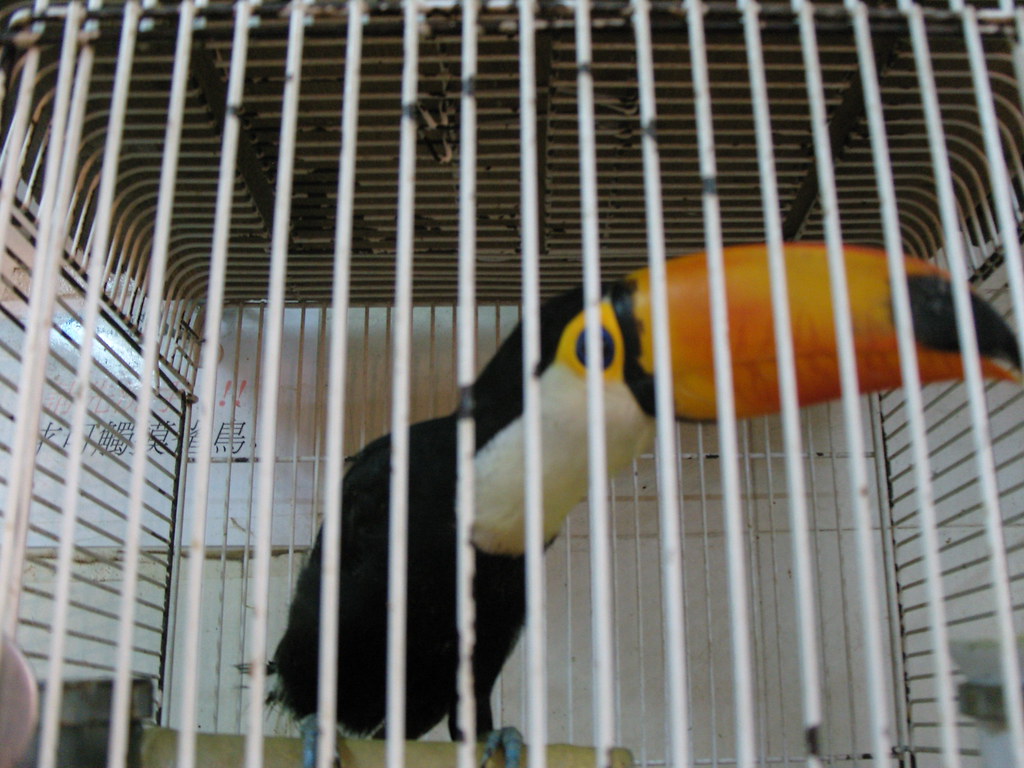
The exotic pet trade continues to grapple with the ethical implications of wild-caught specimens entering the market, an issue that influences the rescue-versus-breeder debate in significant ways. Wild-caught animals often suffer high mortality rates during capture and transport, with some estimates suggesting that for every exotic animal that reaches a pet store alive, several others may have perished in the process. These animals frequently carry parasites, diseases, and stress-related health issues that captive-bred specimens typically don’t exhibit.
Even when legally imported with proper permits, wild-caught specimens may struggle to adapt to captivity, exhibiting stress behaviors, feeding difficulties, and shorter lifespans than their captive-bred counterparts. The continued availability of wild-caught animals in some sectors of the exotic pet trade represents a strong argument for supporting established breeders who produce captive-bred alternatives without environmental impact.
The Economics of Exotic Pet Acquisition

The financial aspects of the rescue-versus-breeder decision extend far beyond the initial acquisition cost, influencing both market dynamics and individual ownership experiences. Breeder prices for exotic species can range from modest (common reptile species might cost $50-100) to extraordinary (rare parrot species or unusual primate species might command $10,000+), creating economic incentives that shape the industry. Rescue adoption fees typically fall significantly below market rates, usually covering only basic veterinary care and organizational expenses rather than profit margins.
However, rescued animals sometimes arrive with expensive medical conditions requiring immediate treatment, potentially offsetting the initial savings. The economic model of rescues—operating as non-profits with donation support—contrasts sharply with the for-profit breeder approach, creating different accountability structures and operational priorities. These economic differences influence not just individual purchasing decisions but also broader questions about how the exotic pet industry should be structured and regulated.
Species-Specific Considerations
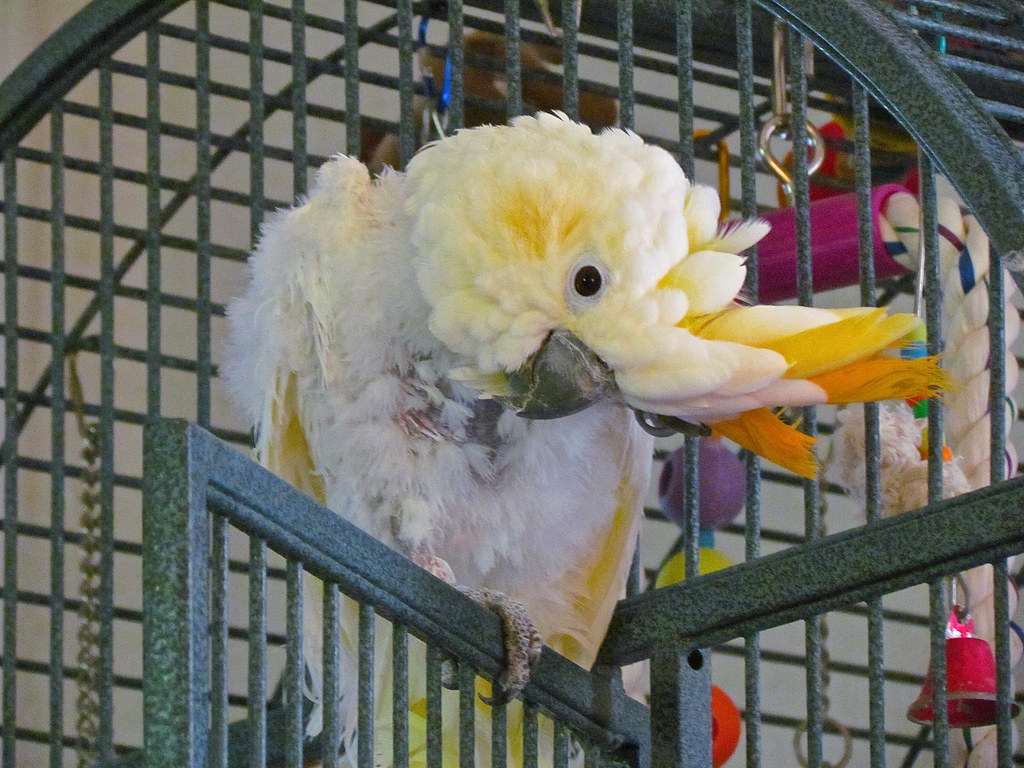
The rescue-versus-breeder debate varies dramatically across different taxonomic groups, with some species presenting unique considerations that influence the ethical calculus. For instance, large parrots like macaws and cockatoos frequently end up in rescues due to their extremely long lifespans (60+ years), complex social needs, and challenging behaviors—yet specialized parrot rescues often maintain waiting lists for potential adopters due to the overwhelming number of birds needing homes.
Conversely, certain reptile species breed readily in captivity but struggle when wild-caught, making captive-bred specimens from established breeders both more ethical and practical choices. Exotic mammals like sugar gliders or fennec foxes present different challenges, with rescues often struggling to accommodate their specialized social and environmental needs while ethical breeders invest in proper socialization from birth. These species-specific nuances mean that blanket statements about whether rescue or breeder acquisition is “better” oversimplify a complex reality that demands case-by-case evaluation.
The Role of Education and Preparation

Both rescue organizations and ethical breeders increasingly emphasize education as a crucial component of responsible exotic pet acquisition, though their approaches and priorities may differ. Rescues typically focus on practical education about species-specific needs, behavior management, and correcting misconceptions that led to previous surrender or abandonment. Their educational materials often highlight realistic expectations about challenges, expenses, and commitments involved in exotic pet ownership.
Ethical breeders frequently provide more developmental guidance, sharing specialized knowledge about genetic lineages, growth milestones, and optimal husbandry practices for maximizing health and longevity. Both sectors recognize that prospective owner preparation represents the most effective way to prevent future abandonment or neglect. This educational focus has evolved as the exotic pet community increasingly acknowledges that impulse purchases without proper research underlie many of the industry’s persistent welfare problems.
Hybrid Approaches and Collaborative Solutions

The traditional dichotomy between rescue and breeder acquisition has begun to blur as innovative collaborative approaches emerge within the exotic pet community. Some ethical breeders now operate parallel rescue operations, taking in surrendered animals of the species they breed while continuing controlled breeding programs—a model that allows them to both address immediate welfare needs and maintain genetic lines.
Rescue organizations increasingly partner with ethical breeders for expertise, temporary housing assistance during large confiscations, or placement of animals with specialized needs. Some regions have developed breeder certification programs with welfare standards exceeding legal minimums, creating a recognizable category of ethical sources that conscientious consumers can support. These hybrid approaches recognize that the rescue-versus-breeder debate need not be adversarial when both sectors share fundamental commitments to animal welfare, responsible ownership, and sustainable practices.
Making the Personal Decision
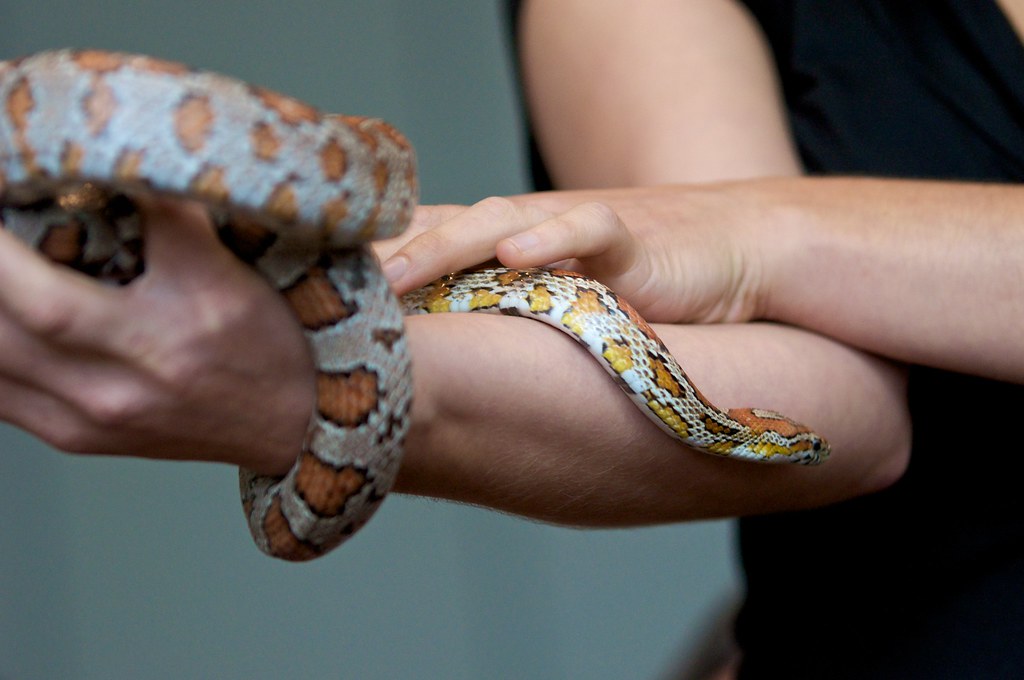
For prospective exotic pet owners, navigating the rescue-versus-breeder decision ultimately requires honest self-assessment about personal capabilities, motivations, and circumstances. Those seeking specific traits, morphs, or the experience of raising a juvenile animal may find ethical breeders align best with their goals, while individuals motivated by compassion for animals in need might find greater fulfillment through rescue adoption. Practical considerations like regional availability, legal restrictions, and specialized care capabilities all influence which path proves most appropriate for any given situation.
Many experienced exotic pet owners ultimately adopt both approaches at different times, perhaps obtaining initial animals from breeders to develop species-specific expertise before later adopting rescue animals requiring more advanced care. The most responsible decision emerges not from dogmatic adherence to either rescue or breeder acquisition as universally superior, but from thoughtful evaluation of how each option serves both the prospective owner’s goals and the welfare of the animals involved.
Conclusion: Finding Common Ground

The rescue-versus-breeder debate within the exotic pet world ultimately centers on shared values of animal welfare, responsible stewardship, and sustainable practices, even when perspectives differ on how best to achieve these goals. Both ethical breeders and reputable rescue organizations contribute valuable services to the exotic pet community—breeders by maintaining genetic diversity and producing well-started animals with known histories, rescues by providing second chances and addressing the consequences of irresponsible ownership or illegal trade.
Rather than viewing these approaches as fundamentally opposed, the exotic pet community increasingly recognizes their complementary roles in a complex ecosystem where multiple ethical paths exist. The most promising future for exotic pet keeping lies not in absolutist positions about acquisition sources, but in elevating standards across all sectors through education, transparency, and accountability. By focusing on the welfare of individual animals while considering broader implications for species conservation and ecosystem health, both rescue advocates and ethical breeders can find common ground in promoting truly responsible exotic pet ownership.



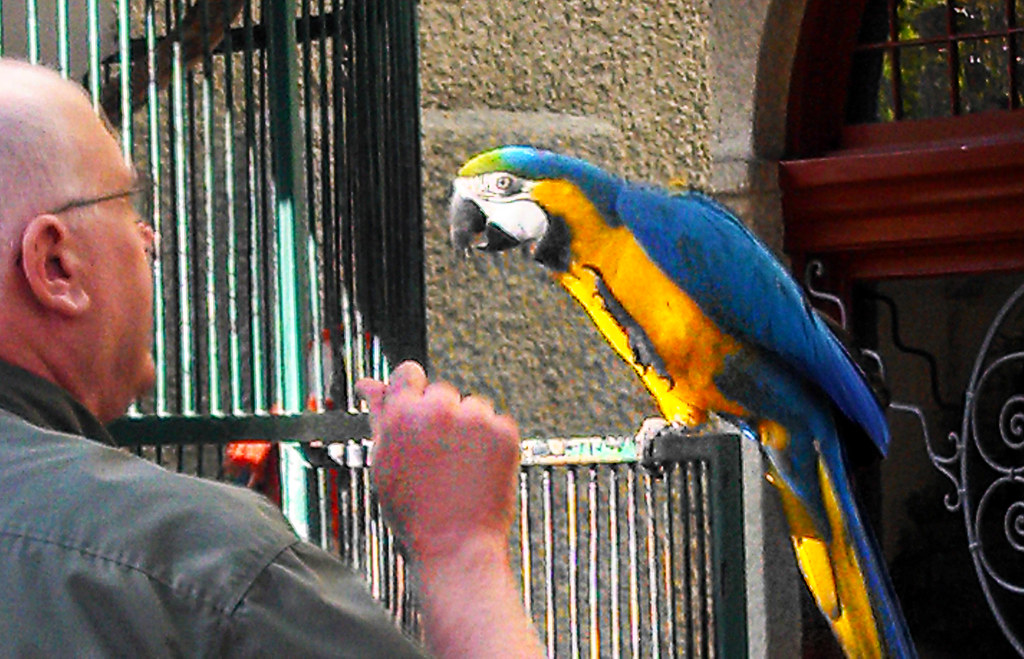
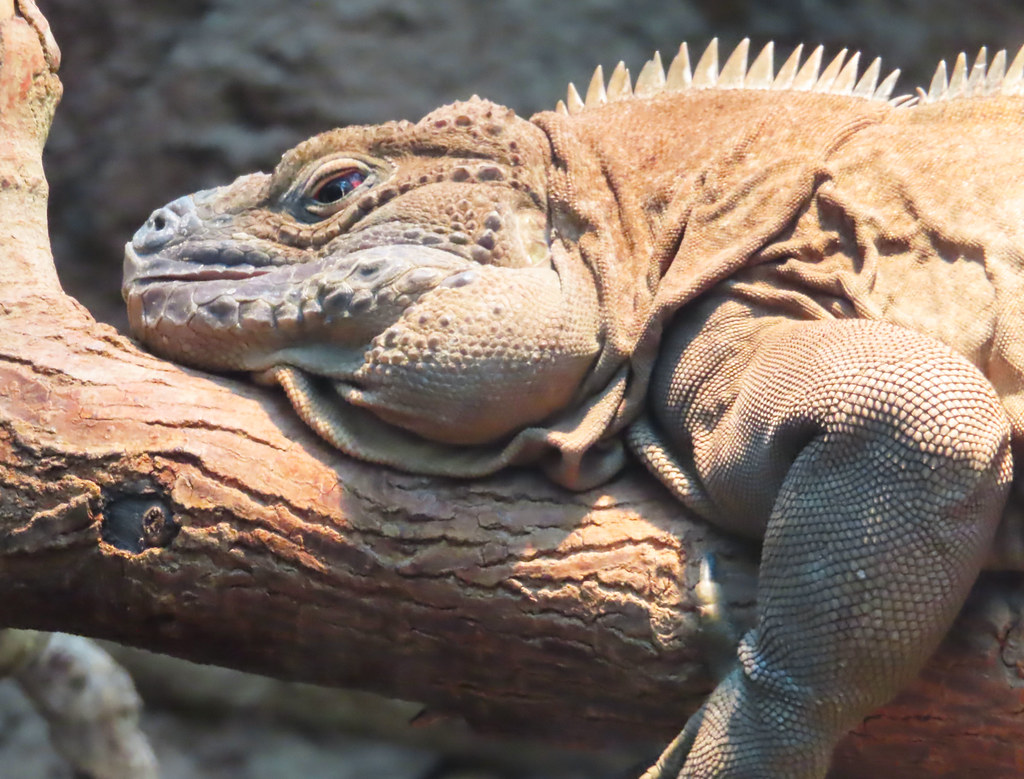
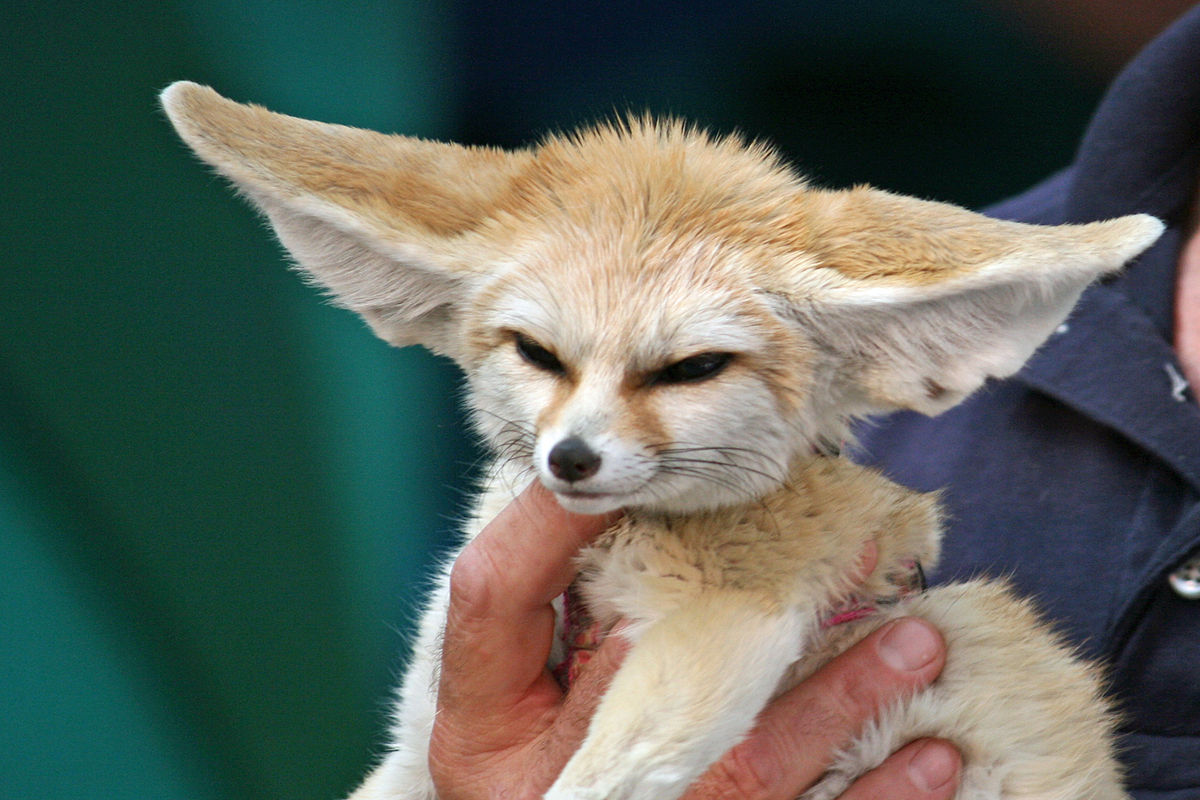


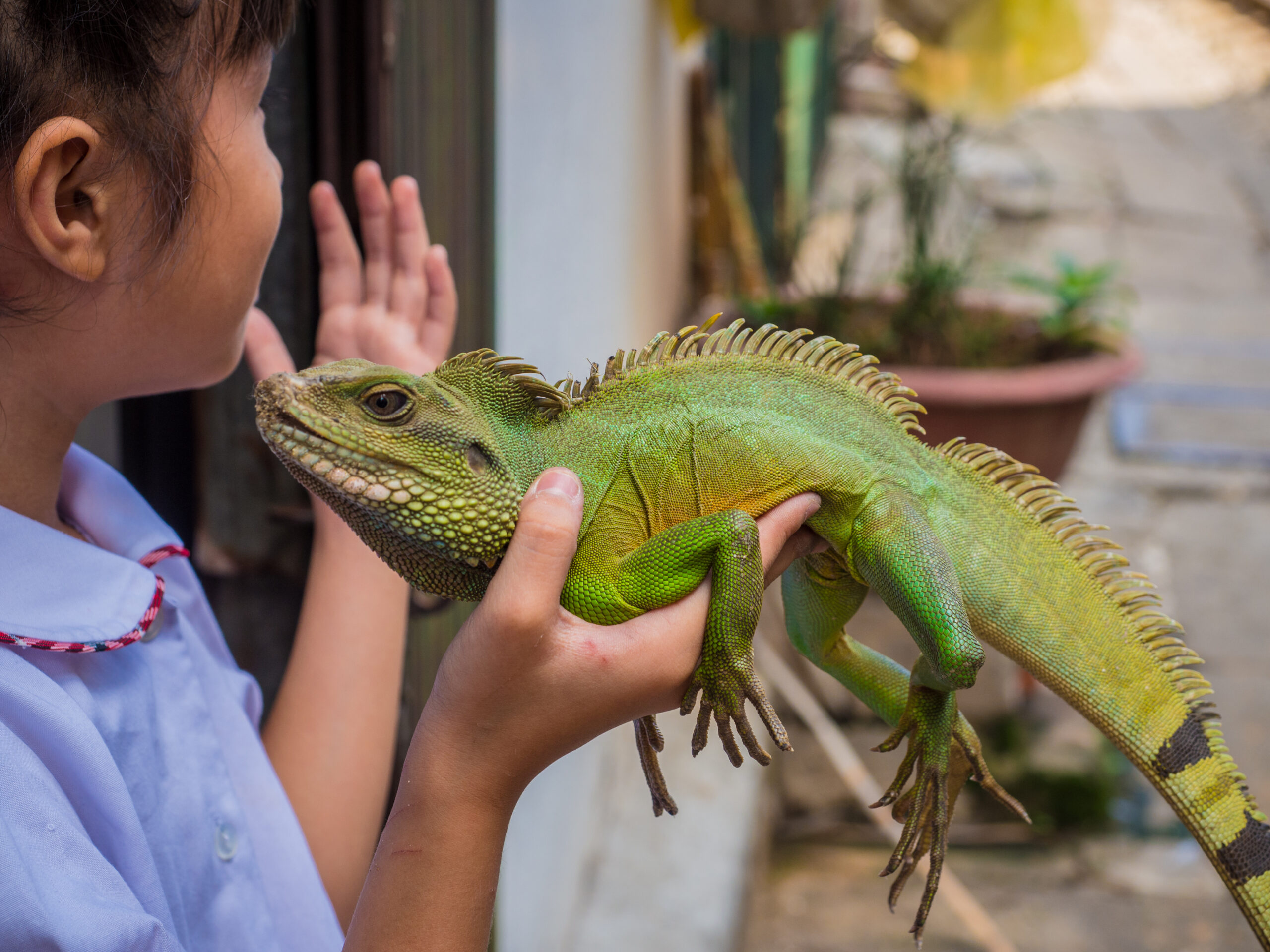
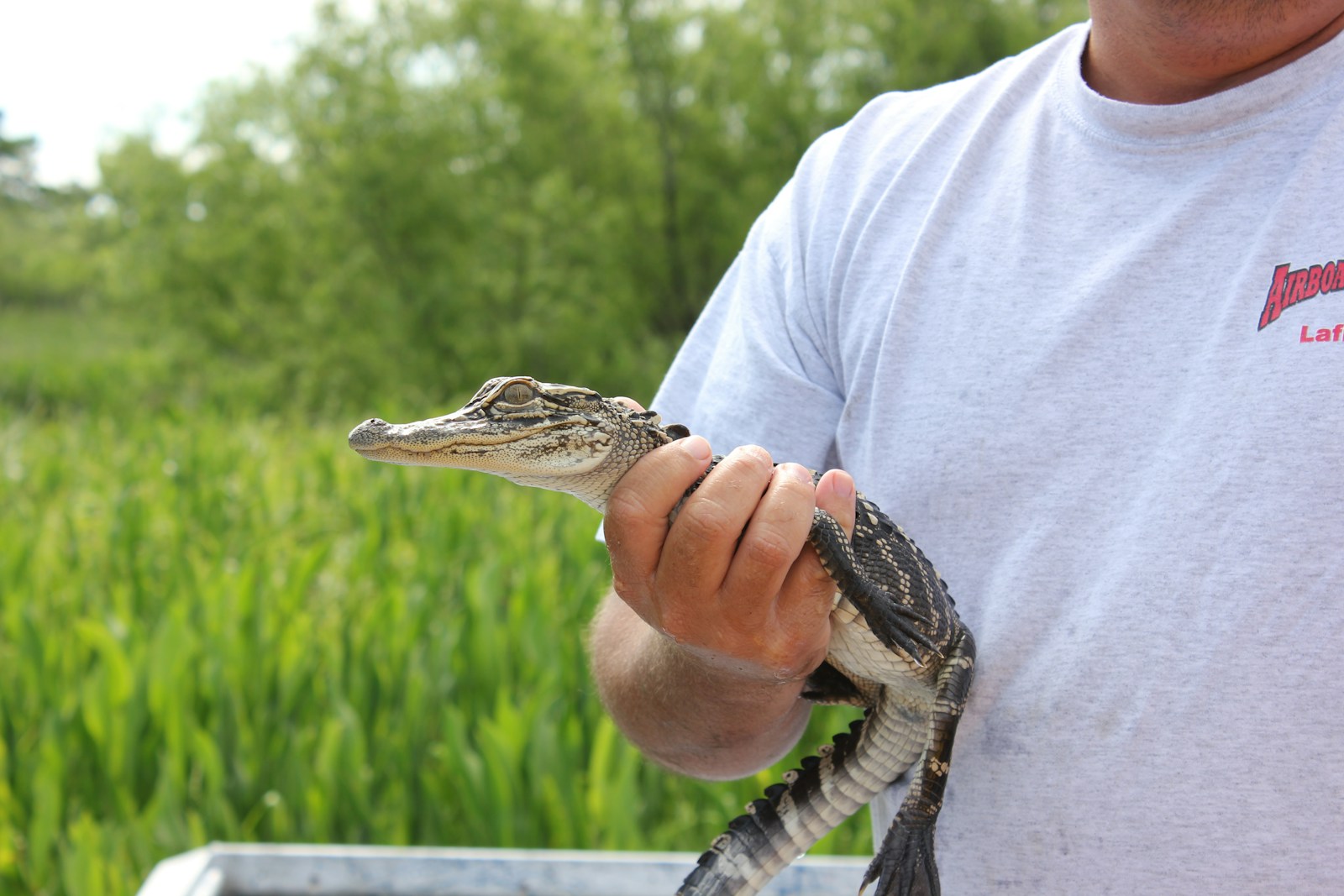

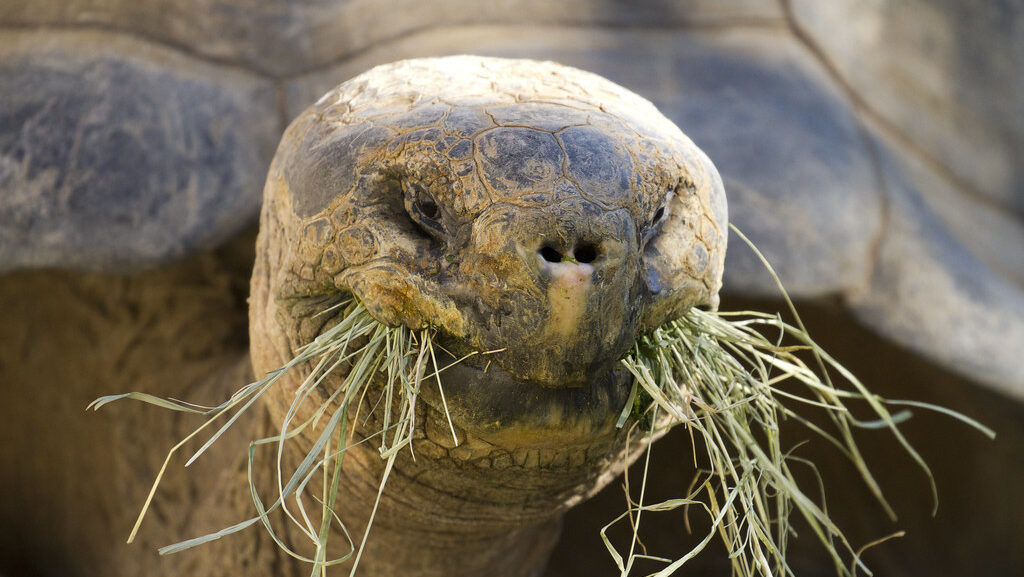
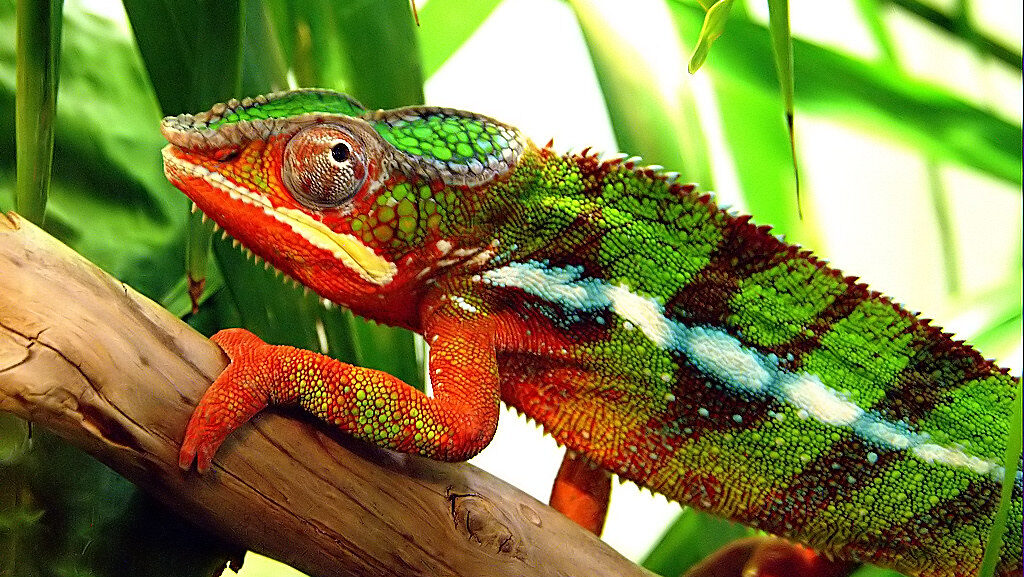
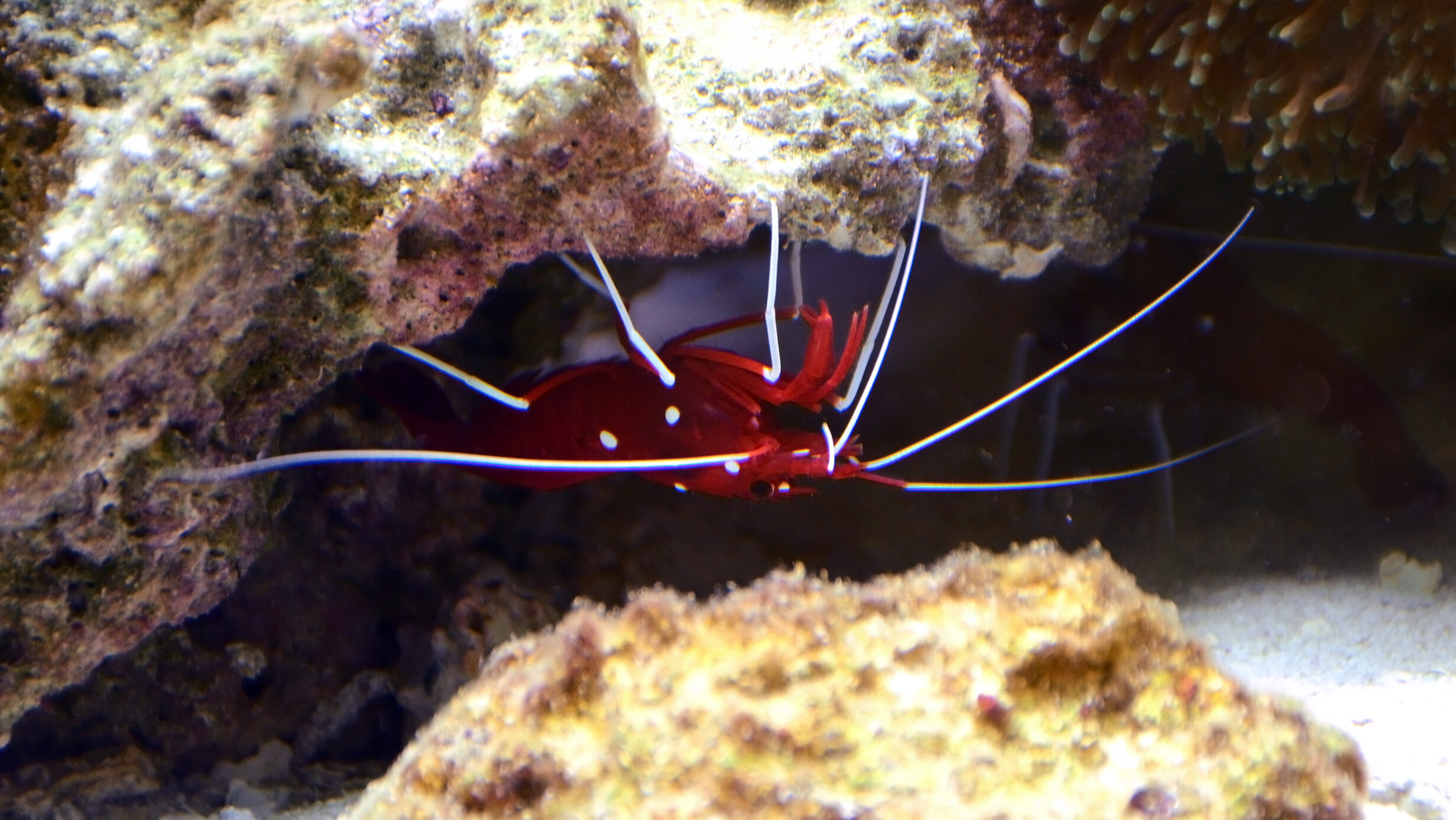

Leave a Reply